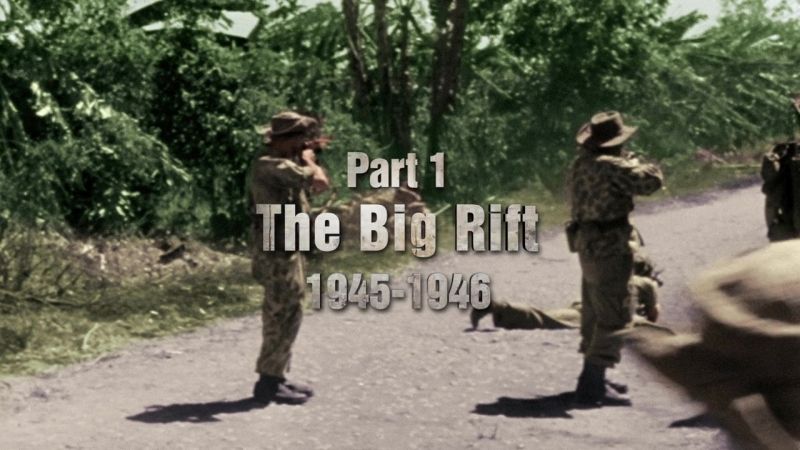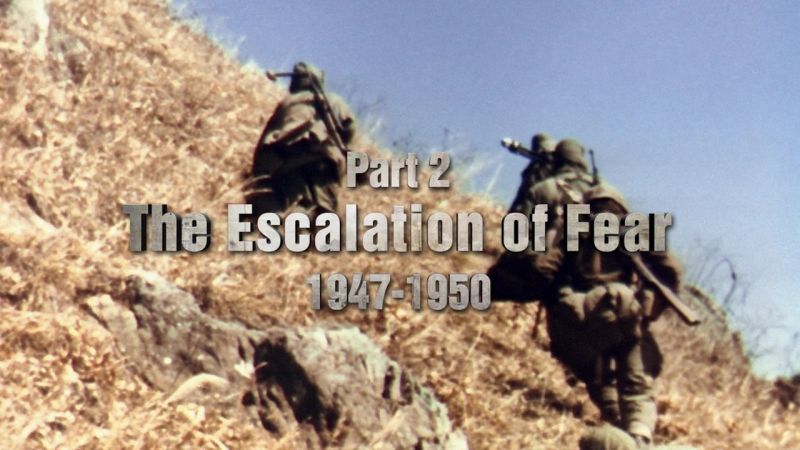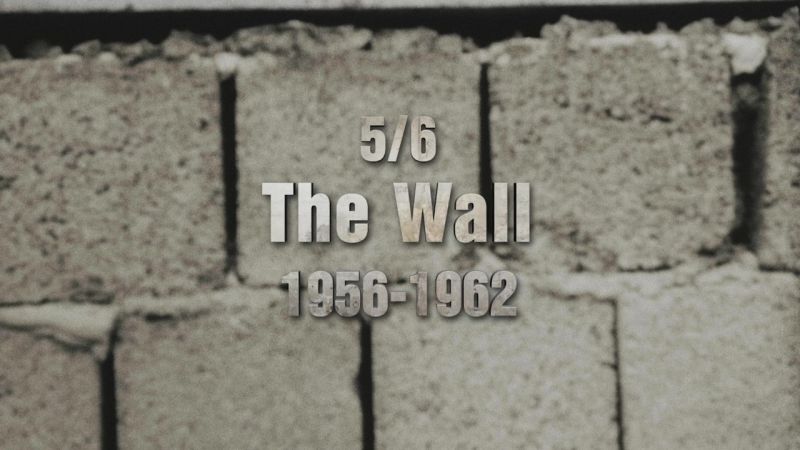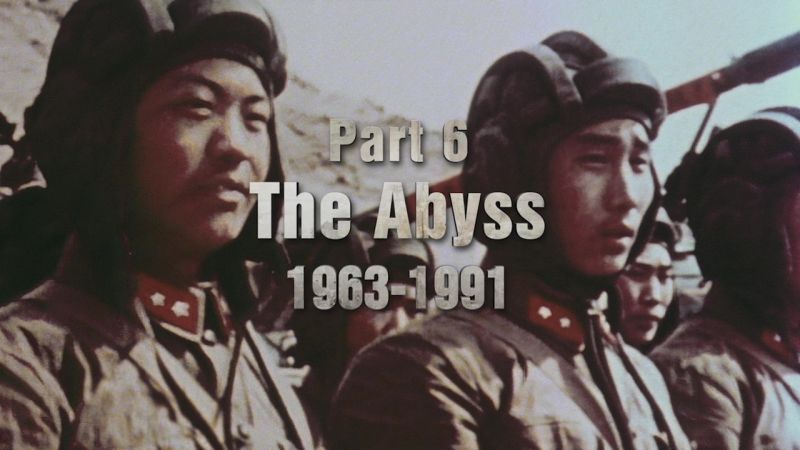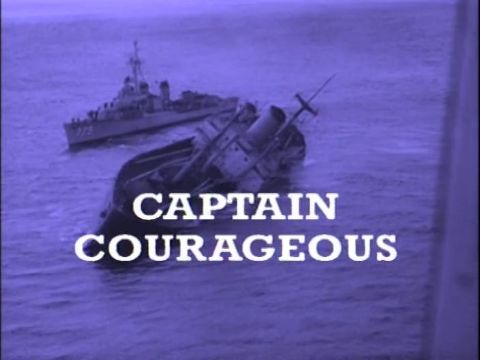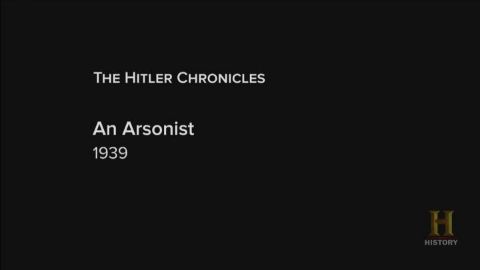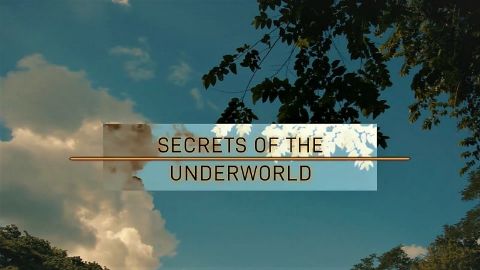he Wall (1956-1962) • 2019 • episode "S1E5" • Apocalypse: War of Worlds 1945-1991
February 24, 1956. During the Soviet Communist Party's twentieth Congress, Khrushchev stuns everyone by denouncing Stalin's crimes. Without denying the ideology, the USSR's new leader seeks to distance himself from his predecessor and open up to the outside world. "Mister K" is full of surprises. He drinks Pepsi with Nixon and insists on spending a day at Disneyland when he visits America... But behind this clown-like character, the "executioner of the Ukraine" hasn't gone soft. In 1956, he didn't hesitate to crush the uprising in Budapest in bloodshed. Now, he is preparing a co-existence with newly elected President Kennedy that will not be all peaceful: construction of the Berlin Wall, the Cuban missile crisis, and not forgetting the aid to Ho Chi Minh in the preparation of his new war for reunification... The Vietnam War is beginning. Kennedy tries to retaliate: in Vietnam, he sends military advisers to train the army of the south. And in Berlin, on June 26, 1963, he gave the famous speech of hope, declaring in front of an excited crowd: "Ich bin ein Berliner".
Make a donation
Buy a brother a hot coffee? Or a cold beer?
Hope you're finding these documentaries fascinating and eye-opening. It's just me, working hard behind the scenes to bring you this enriching content.
Running and maintaining a website like this takes time and resources. That's why I'm reaching out to you. If you appreciate what I do and would like to support my efforts, would you consider "buying me a coffee"?
Donation addresses
BTC: bc1q8ldskxh4x9qnddhcrgcun8rtvddeldm2a07r2v
ETH: 0x5CCAAA1afc5c5D814129d99277dDb5A979672116
With your donation through , you can show your appreciation and help me keep this project going. Every contribution, no matter how small, makes a significant impact. It goes directly towards covering server costs.
